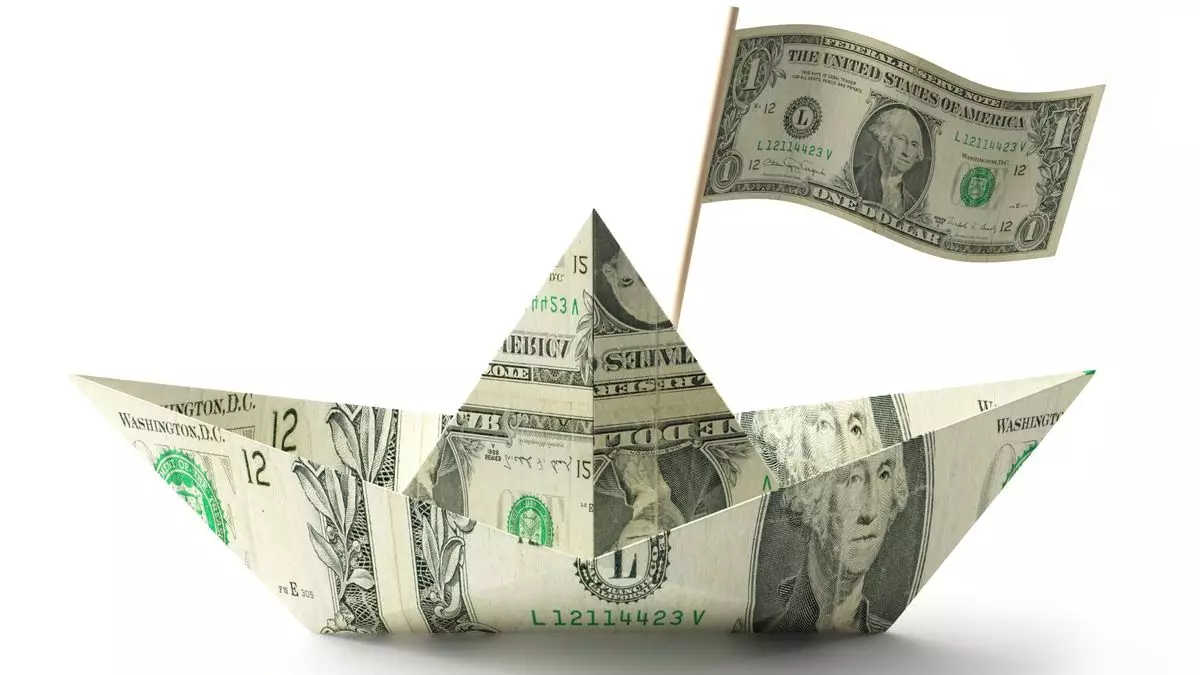The cruise industry, often seen as a luxury travel choice, has recently found itself in the crosshairs of proposed tax changes stemming from the current U.S. administration. A comment by U.S. Secretary of Commerce Howard Lutnick ignited a fervor of speculation and concern among investors and analysts alike. Lutnick’s assertion that cruise lines evade tax obligations has raised eyebrows, with industry stocks exhibiting a notable decline in response. However, a deeper analysis reveals that the practicality of implementing new tax measures against the cruise sector may be fraught with complexities, making the future uncertain for this cornerstone of the travel industry.
The Allegations Against Cruise Lines
In a Fox News interview, Lutnick levied a pointed critique against the cruise industry, claiming they operate largely tax-free, a situation he intends to rectify under the current administration. His arguments have sown confusion among stakeholders, suggesting that U.S.-flagged vessels are significantly underutilized, thus implying a necessity for reform. This narrative positions the cruise industry as an unjust beneficiary of tax loopholes—an appealing talking point for political rhetoric in pursuit of fiscal reforms. However, industry analysts have raised flags on these assertions, emphasizing that such simplifications overlook the intricacies surrounding the tax implications for maritime operations.
Critics highlight that addressing taxation for cruise ships requires legislative action rather than mere executive orders. As stated by Robin Farley from UBS, this endeavor involves intricate negotiations in Congress, where Republican representatives from states heavily reliant on cruise tourism—such as Florida and Alaska—hold significant sway. Historical patterns suggest that previous attempts to reform the cruise industry’s tax structure have often hit dead ends, with policymakers frequently backing off in light of pushback from influential state stakeholders. The current administration’s approach, focused on broad revenue enhancements, will need to navigate these turbulent waters carefully.
The Economics of Cruise Operations
The economic landscape surrounding cruise operations offers additional layers of complexity. Most ships operating in U.S. waters are foreign-flagged, with national registrations for vessels often chosen for regulatory and labor cost reasons. The absence of adequate U.S. shipbuilding capabilities and the historical understanding of reciprocity in maritime tax obligations further complicate the conversation. As highlighted by Steven Wieczynski of Stifel, any changes would not only impact cruise lines but also reverberate through the cargo shipping industry, entangling a broader economic conversation that politicians may be reluctant to tackle.
Interestingly, the Cruise Lines International Association (CLIA) staunchly defends the industry’s financial contributions, asserting that cruise lines contribute an estimated $2.5 billion in taxes annually to the U.S. economy. This figure reportedly represents a staggering 65% of total taxes paid by cruise lines globally, despite the fact that many ships operate outside U.S. jurisdiction. The cruise industry thus poses a case for itself: while it remains advantageous for operational logistics to be foreign-flagged, the economic impact of sustained industry operations speaks volumes to its value on American soil.
As the debate over cruise tax reform continues, it presents a microcosm of the broader challenges of global trade regulation, economic policy, and national identity. While the initial alarm raised by Lutnick may not materialize into actionable reforms, the growing scrutiny of the cruise industry’s tax contributions underscores the dynamic interplay between leisure and legislation. For now, the cruise industry must navigate uncertain waters while bracing for potential legislative challenges ahead. The future remains nebulous, and much will depend on the delicate balance of political pressure, economic realities, and market forces in play.


Leave a Reply